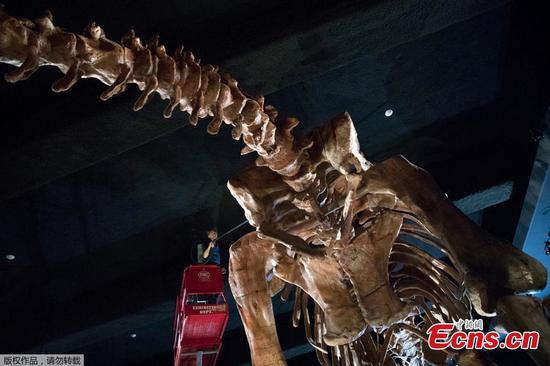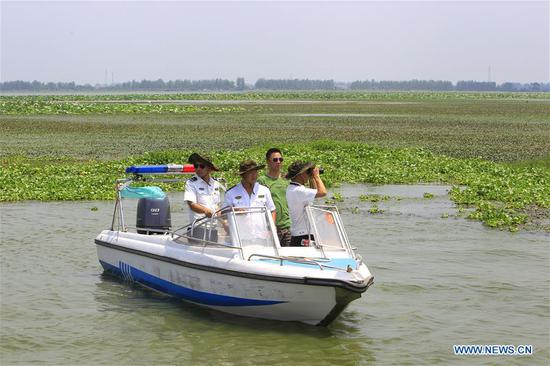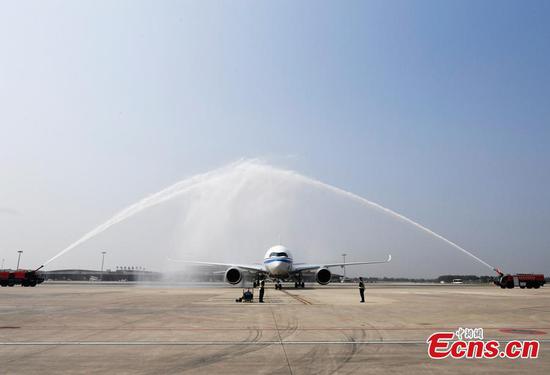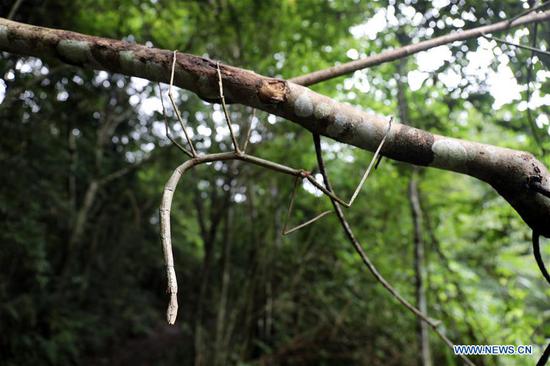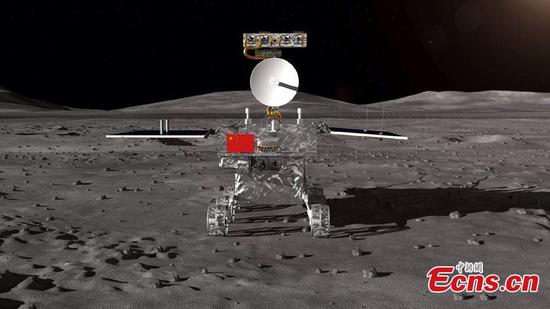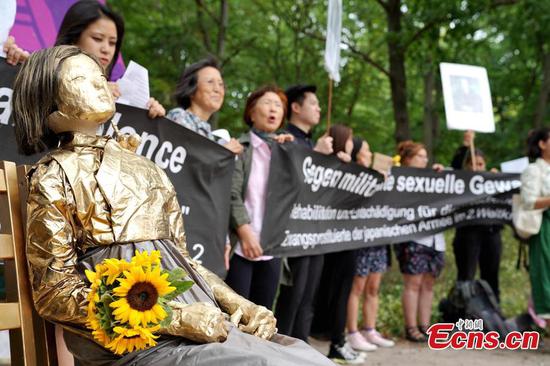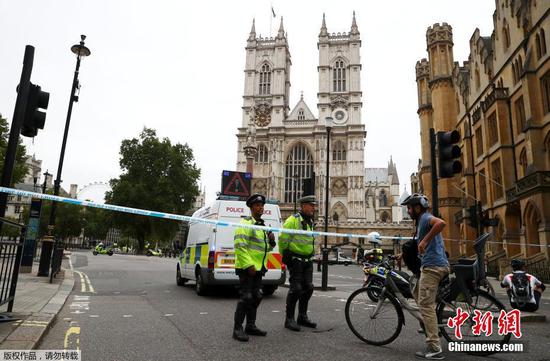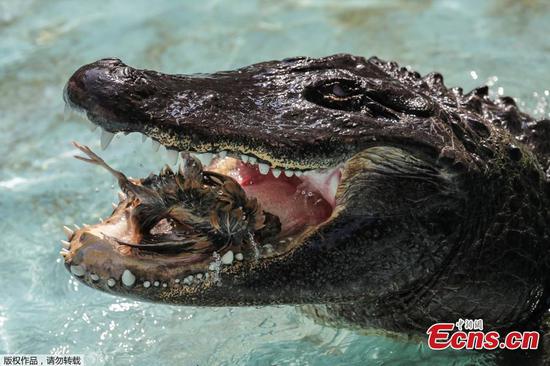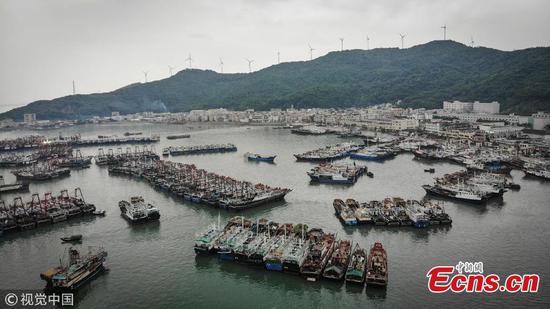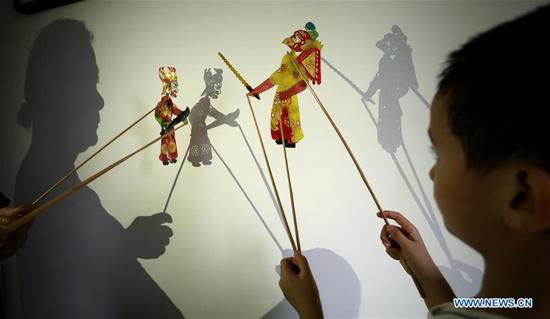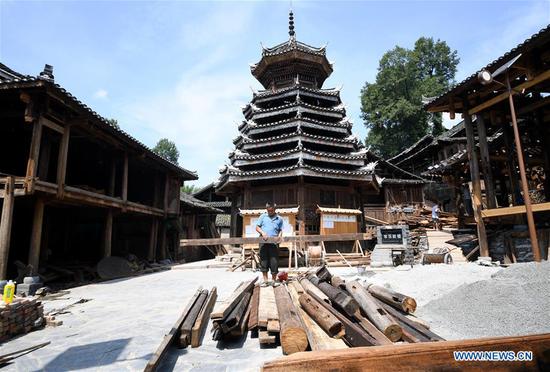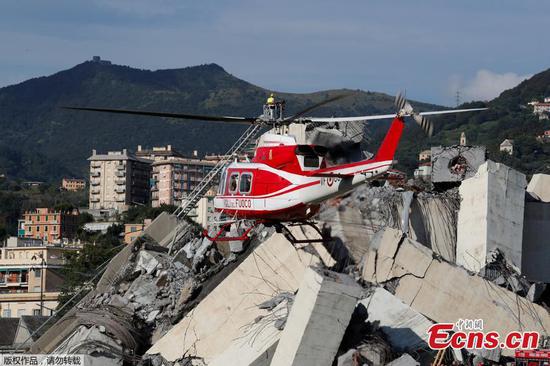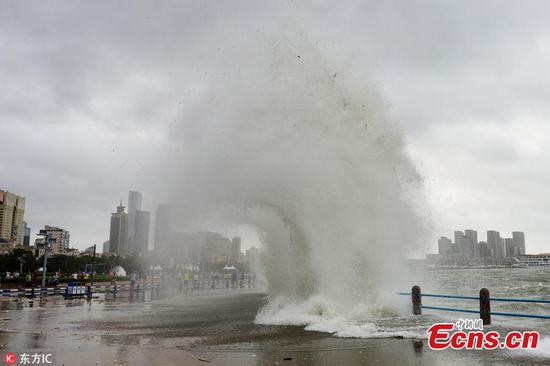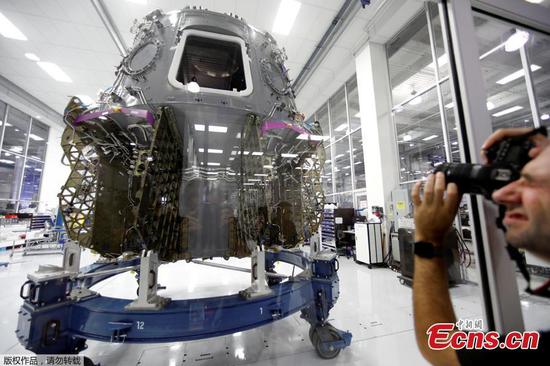Despite Turkey's threat to seek new allies in place of the United States amid an unprecedented row between the two NATO allies, analysts say Ankara would not break its alliance with Washington.
"I do not expect Turkey to look for new allies," said Yasar Yakis, a former minister of foreign affairs, adding that President Recep Tayyip Erdogan's remarks should be taken as a warning rather than something tangible.
Ties between Ankara and Washington have been extremely strained in recent weeks over Turkey's detention of U.S. pastor Andrew Brunson.
As the tension peaked last week, Erdogan warned in an article in New York Times that "the unilateral actions against Turkey by the United States, our ally of decades, will only serve to undermine American interests and security."
"Failure to reverse this trend of unilateralism and disrespect will require us to start looking for new friends and allies," the president said in the article.
Andrew Brunson, whom Washington claims to be innocent, has been under arrest since October 2016. A Turkish court transferred Brunson to house arrest in late July.
The pastor is being charged with espionage as well as helping the outlawed Kurdistan Workers' Party (PKK) and being linked to those involved in the failed coup attempt of 2016 in Turkey.
Yakis agreed that Turkey, with its critically important geo-strategical position and a powerful army, could "easily find allies elsewhere if it is alienated by its NATO allies."
However, the former diplomat does not think "the trans-Atlantic community will push Turkey to such an option."
Washington has been hugely frustrated by the court's decision as it hoped, according to earlier negotiations with Ankara, that Brunson would be set free.
Despite Erdogan's remarks, Turkey would not go so far as to look for new allies, said Huseyin Bagci, a professor of international relations at the Middle East Technical University.
"It's not possible for Turkey to break with the West," remarked Bagci.
Turkey has been a NATO member since 1952 and its military infrastructure as well as a major portion of its weapons systems fit with the NATO's.
Abdulkadir Selvi, a pro-government columnist in the Hurriyet daily, said the issue over Bunson may be settled this weekend through the ongoing negotiations.
Hasan Koni, who teaches international relations at Istanbul Kultur University, thinks breaking ties with the United States and NATO would place Turkey under Moscow's sway.
"Turkey's own strategic interests would also be harmed in such a case," he said.
Ankara and Moscow have significantly improved ties in recent years, but many feel that the two countries also have diverging interests in areas such as the Caucasus and the Central Asia.
Some feel Erdogan's signal in his article titled "How Turkey Sees the Crisis with the U.S." that Ankara is not without options aims more to please the public.
Ankara has so far not given up on the order for passenger planes from Boeing despite the row with Washington, Bagci said.
Turkey's flag carrier Turkish Airlines inked a 11-billion-U.S.-dollar deal last year to buy jets from the American company.
The ties between the two NATO allies have soured long before the Brunson crisis.
The United States has been disturbed by Ankara's increasing cooperation with Moscow in recent years. Despite Washington's strong protests, Turkey says it will go ahead with its plan to buy Russia's sophisticated S-400 air defense system.
The United States also pushes Ankara to comply with its sanctions recently imposed on Iran, while Turkey said it would continue to buy gas from its neighbour.
Meanwhile, Ankara itself is highly vexed by the U.S. military support for the Kurdish militia in Syria which it sees as the Syrian offshoot of the PKK.
Ankara is also angry with Washington for its unwillingness to hand over Fethullah Gulen, a U.S.-based Turkish Islamic cleric whom Ankara accuses of masterminding the 2016 failed coup against the Erdogan administration.












